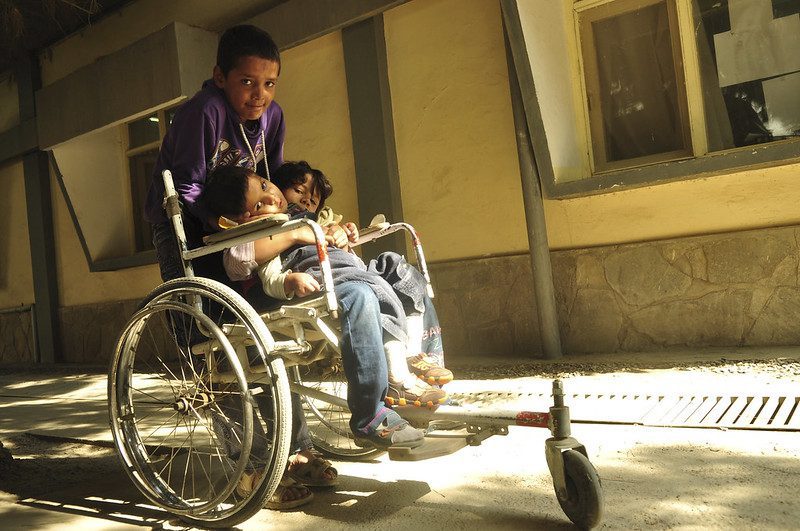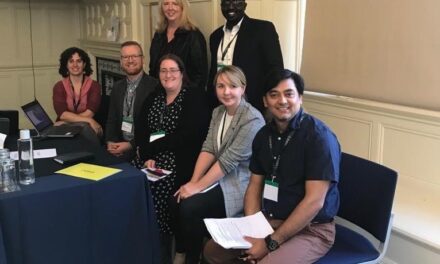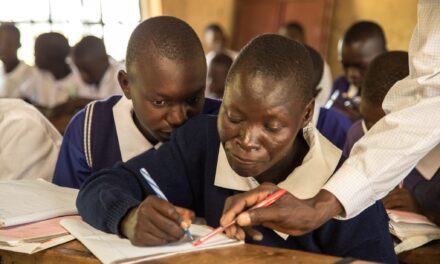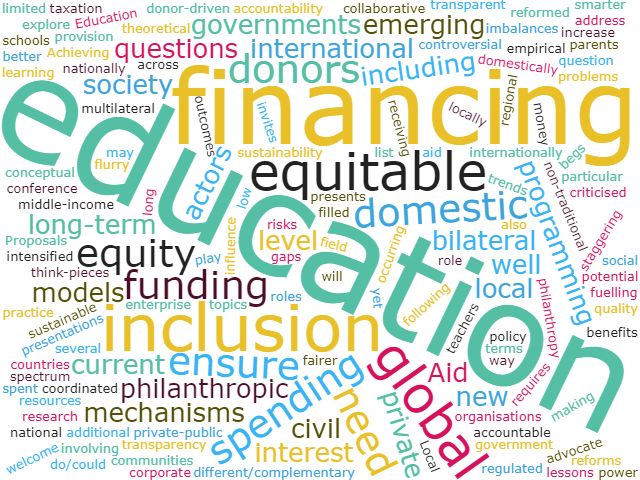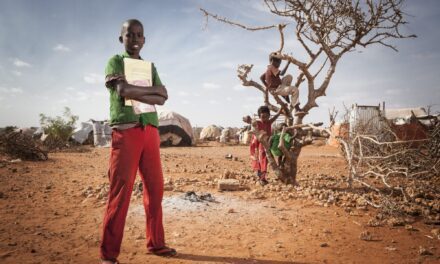This blog was written by Tanushree Sarkar, MSc.is a second-year doctoral student in Community Research and Action at Vanderbilt University, Peabody College. Her research examines the links between education policy, teacher beliefs and teacher practices for inclusive, equitable education in India. For the 2019 UKFIET conference, 17 individuals, including Tanushree, were provided with bursaries to assist them to participate and present at the conference. The researchers were asked to write a short piece about their research or experience.
There has been increasing recognition of how borrowing of Northern inclusive education policies and practices have contributed to rendering inclusive education an “elusive concept” (Singal, 2005) in the Indian context. According to Singal (2006), the change in terminology, from mainstreaming and integration to inclusion in education policy is largely “linguistic and devoid of engagement with the more fundamental issues”. Within disability studies in India, researchers have found the words for disabilities “limiting” (Anand, 2016) and official categorisations of disability “useless” in understanding perspectives of individuals and families.
These issues appear to stem from the power of the English language and Global North conceptions of inclusion and disability within official discourses. As we recognise the need to create, discover, and enact local, contextual understanding of inclusion, inclusive education, and disability, we must surmount this dominance. The question before us is how do we arrive at local, contextual understandings when the process of doing inclusive education research excludes certain voices?
As Alison Buckler and her colleagues described in their presentation, inclusive ways of knowing require critical reflection of how various aspects of the research process exclude and privilege certain voices and knowledge systems. For example, Forber-Pratt (2019) highlights how traditional methods of qualitative interviews can perpetuate ableism within inclusive education research.
How do we explore culturally sensitive understandings of inclusion and disability in a context where the local language discourse around disability can be stigmatising and the official discourse is exclusionary? I use Temple’s approach to translation in qualitative research, where they argue that “there is no neutral position from which to translate” (Temple & Young, 2004). Instead, it requires recognition of how intersecting identities bring different forms of power and privilege in doing inclusive education research.
For me, these are questions about how my body plays out on the field. How do my identities as a disabled, upper class, upper caste, multi-lingual, Indian self interact with my Western-educated, ‘colonized elite’ (Tuhiwai-Smith, 1998) researcher self? If I only interact with those who can engage in the official discourses, has my ‘colonized elite’ self excluded the local knowledge that is crucial to developing a culturally-sensitive inclusive education? If I use the word langdi (a slur for lame in Hindi) and I claim that identity and channel my ‘disabled self’, is there power in that? If I use the word langdi, and pass as able-bodied, did my ‘researcher self’ make the slur acceptable? The question remains, how do we arrive at local, contextual understandings when language gets in the way? What I am starting to see, is that perhaps creating, discovering, enacting local, contextual understandings of inclusive education in the Global South requires us as researchers, to reflect on our bodies, our positionalities, and our ways of knowing to reclaim the stigmatising words or to even co-create a new language with our participants.

